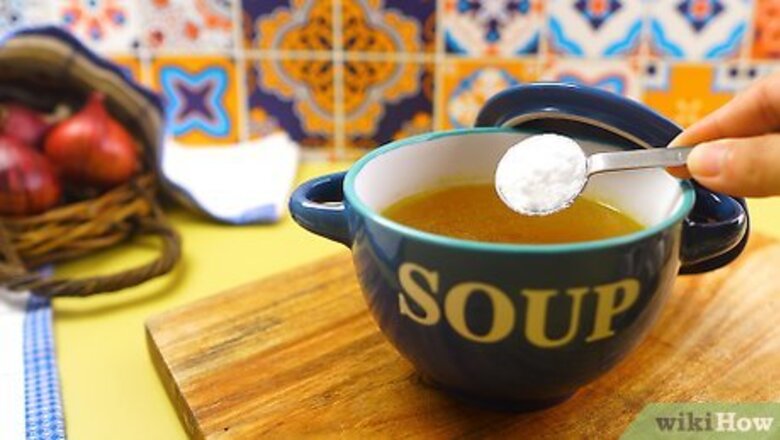
views
Using Baking Soda
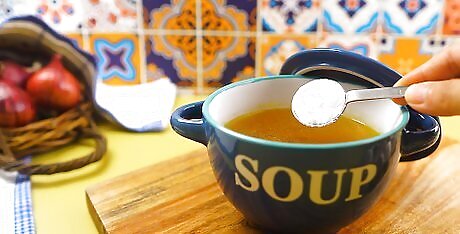
Mix 1 tsp (4.8 g) of baking soda into a bowl or cup of soup. Stir the baking soda completely into your soup. Don’t worry if the soup bubbles or fizzes—this is completely normal, and means that the baking soda is mixing into the rest of the stew. If your soup is only slightly acidic, it’s better to start with a small amount of baking soda.Tip: If your soup is really acidic, you can raise the ratio a bit. For every 1 c (240 mL) of soup, stir in ¼ cup (45 g) of baking soda.
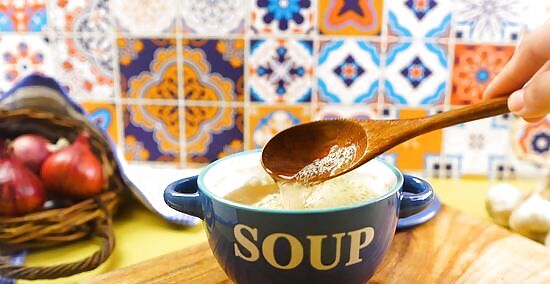
Sample your soup to see if it tastes any better. Wait for the baking soda to stop bubbling, then taste a small spoonful of the stew. If the acidity is gone, feel free to serve the soup as usual. If you still aren’t thrilled with the taste, you may need to add more baking soda. There isn’t an exact science to mixing baking soda into your soup. A lot of it is trial and error, so don’t give up!
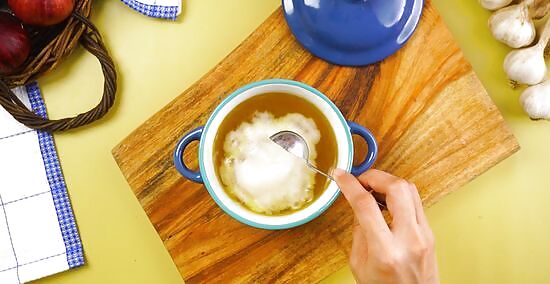
Add an extra 1 tsp (4.8 g) of baking soda to your soup if it’s still sour. Stir the baking soda into your soup, once again waiting for the powder to bubble and settle. Taste the soup again to see if the flavor is any better. If not, continue adding baking soda in 1 tsp (4.8 g) to your soup.
Adjusting Your Ingredients
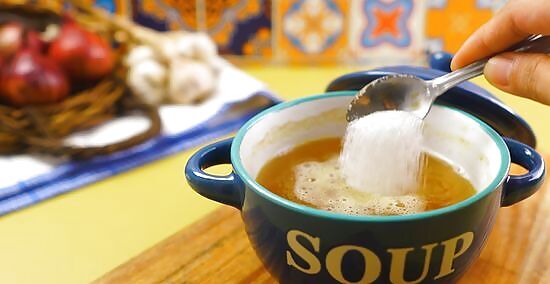
Mix in a small spoonful of sugar into lighter soups. Stir the sugar thoroughly into your container of soup, then taste test it. If the soup still tastes a bit acidic, stir in another small spoonful of sugar into the dish. This solution works better with dishes that have lighter flavors, like lemon. Don’t overdo it! You don’t want to make your soup taste extra sweet on accident.
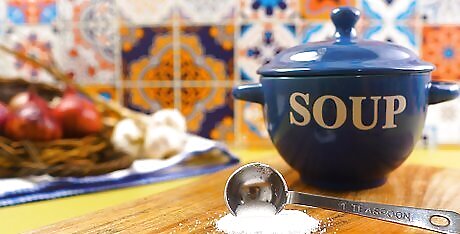
Stir in a spoonful of salt if you’re preparing a savory soup. Mix in the salt completely, then try a spoonful of the soup to see how it tastes. Serve the dish if it tastes acceptable, or mix in another small spoonful of salt if it’s still on the acidic side. Salt is a great addition to more savory dishes and sauces, like tomato soup.Did You Know? The same logic applies to other dishes, as well. For instance, if you add too much vinegar to your stir fry sauce, some salty soy sauce can cancel out the acidity.
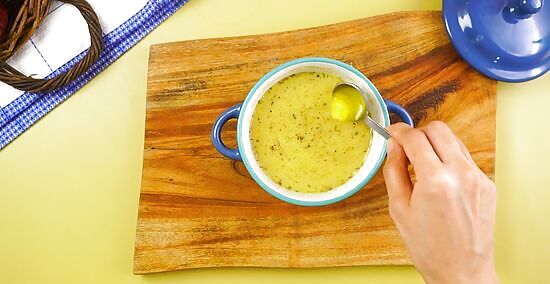
Add 1 tsp (4.9 mL) of butter to creamier soups. Melt a small spoonful of butter in the microwave, then mix it into the soup. Sample the soup to see if it tastes less acidic, or add an extra spoonful of melted butter if needed. This works best with soups that have creamy broths, like a creamy tomato soup. It’s best to try mixing in baking soda before mixing in any butter. You can make any dish tasty by adding garlic or garlic salt. Use extra virgin olive oil for roasting vegetables. It adds flavor and is good for health. You can even use sesame oil. Add a little powdered ginger when you make an Asian-style dish.
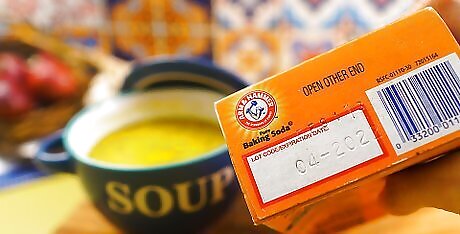
Avoid using any ingredients that are out of date. Check the label on the spices you use, as well as the freshness of any produce. Old, out-of-date foods may make your soup taste a bit rancid. Every few months, check the “use by” date on your spices to see if you need to purchase a replacement.




















Comments
0 comment